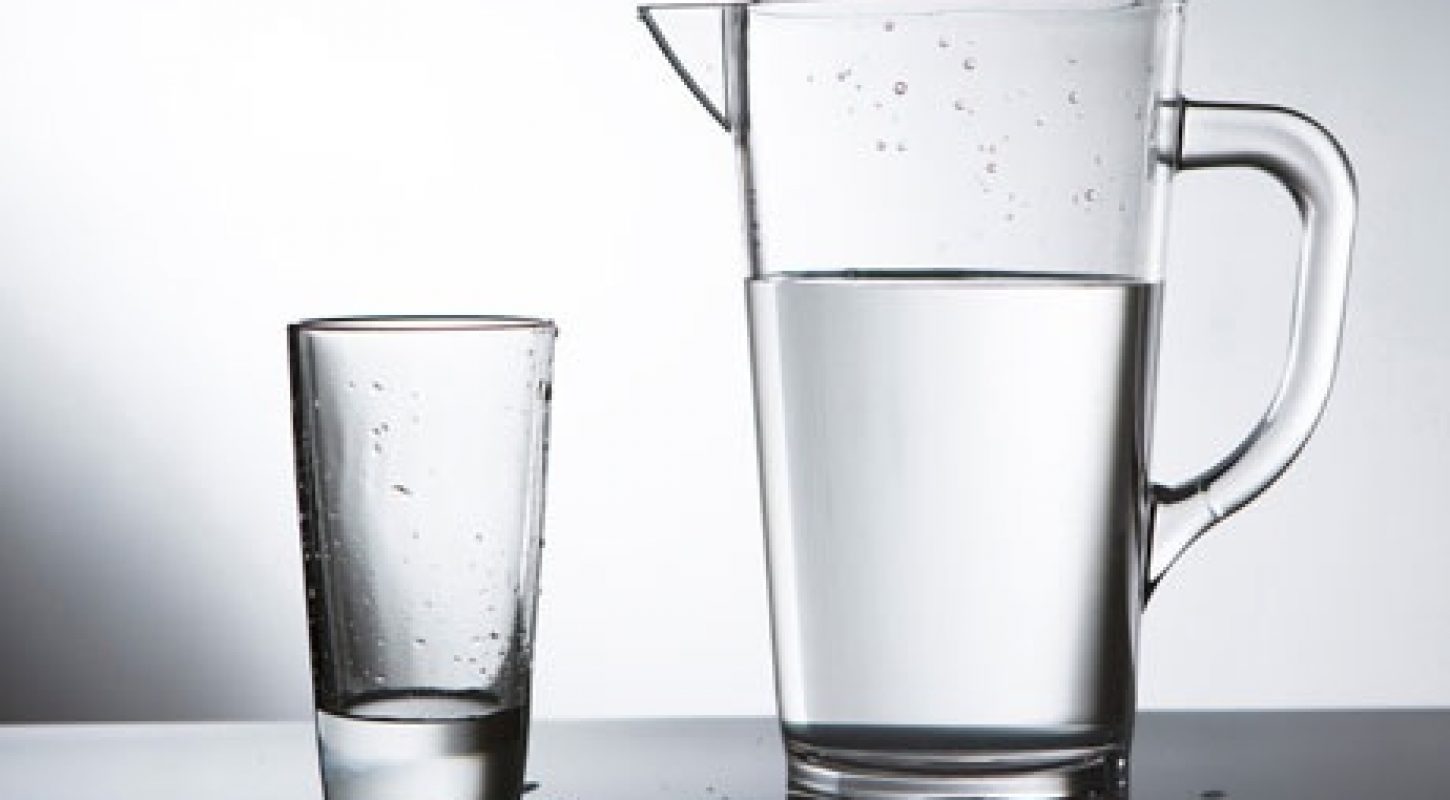Personally, I try to avoid fluoride altogether – I got it out of my water, and I don’t buy toothpaste with it. I’ve heard all kinds of stories about why it’s bad, from studies linking it with cancer to the rumor that fluoride makes you dumb. I’m sure that’s a gross oversimplification of the health issues surrounding fluoride, but it got me curious – exactly why is fluoride bad for us? I asked healthy home expert Mary Cordaro to shed some light on the subject.
Fluoride: A Quick Overview By Mary Cordaro
First, fluoride is a huge topic worthy of a whole dissertation! I’ll try to provide an overview of the broad issues for you here, but if you’d like to get into the nitty gritty, this summary of some of the research by Dr. Ted Spence, D.D.S on Dr. Joseph Mercola’s website is a good place to start. I include highlights from some of the research for you.
A Highly Controversial Substance
While industry paid scientists make claims about the benefits of fluoride, independent research points to its potentially unhealthful effects. These effects are documented in scientific studies, and they include increased cancer and tumor growth (Waldbott/Yiamouyiannis), increased arthritis, disruption of the immune system and DNA repair (Waldbott), genetic damage (Tsutsui, et al), and aging (Yiamouyiannis).
Healthy Until Proven Unhealthy
Like all contaminants in our environment, the burden of proof on whether or not fluoride is truly safe in our drinking water or dentistry products and materials, should be placed on industry. This Precautionary Approach means that until it can be proven beyond a shadow of a doubt that fluoride is safe for everyone, from the developing fetus to the elderly, it should not be present in water or dental products and materials. The burden of proof, in other words, should be shifted from the public to industry and those who benefit financially from the pervasiveness of fluoride.
Unfortunately, industry currently uses ‘risk analysis’, based on the average adult male, to determine if a substance is safe or not. This does not account for sensitive populations, long term low-dose chronic exposure, or the combination of fluoride with other substances. As a result, fluoride, like many other potentially harmful substances, is considered safe until independent studies prove it to be harmful.
How To Avoid Fluoride
Until the burden of proof is switched to industry rather than the public, it is important to avoid fluoride exposure in tap water and dental products. For tap water, the most effective and safest method of removal is reverse osmosis. As for the idea that fluoride prevents tooth decay, Dr. Mercola’s associate Dr. Ted Spence suggests that good nutrition is a better strategy for maintaining the health of your pearly whites.
The takeaway here is, it has not been proven that fluoride is NOT harmful, and given all the data suggesting that it could be, as well as experiences by doctors working with patients, it’s best to err on the side of caution.
References Waldbott, George, MD, Fluoride: The Great Dilemma, 1978, Coronado Press, Lawrence, KS Yaimouyiannis, John, Fluoride: The Aging Factor, 1993, Health Action Press, Delaware Sodium Fluoride-induced Morphological and Neoplastic Transformation Chromosome Aberrations, Sister Chromatid Exchanges, and Unscheduled DNA Synthesis in Cultured Syrian Hamster Embryo Cells, Takeki Tsutsui, Nobuko Suzuki and Manabu Ohmori, Can Res, 44:938-941, 1984 (March).
***
I’ll be posting the rest of Mary’s water filtration advice soon, so stay tuned for more information on that topic! If you’re looking for a good fluoride-free toothpaste, check out my previous blog about superhero toothpastes.
What do you Kind Lifers think about fluoride? Do you try to avoid it in your water and dental products?
The health section is proudly sponsored by Kaeng Raeng natural detox. Make sure to check out their 3 or 6 day vegan detox programs here:





